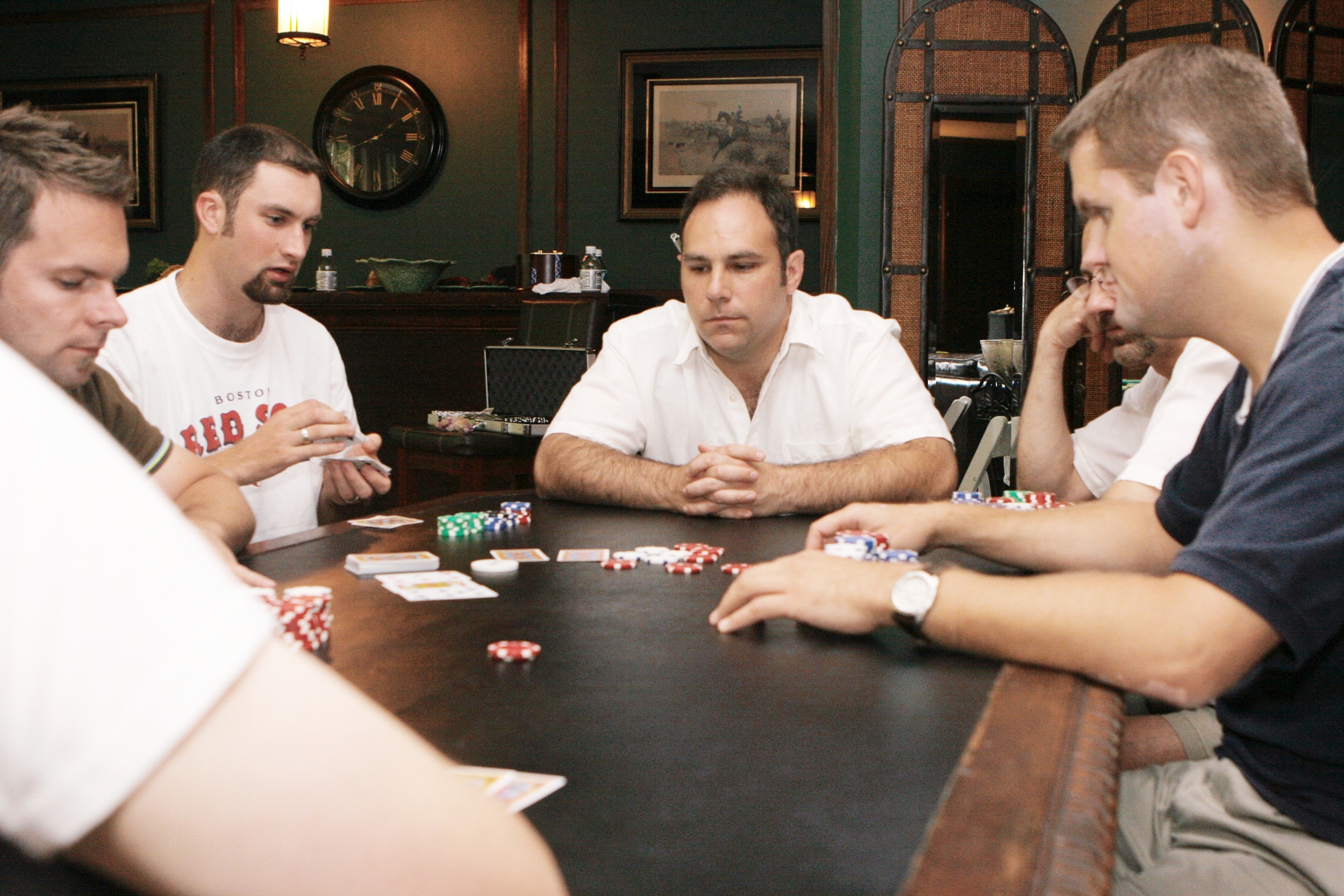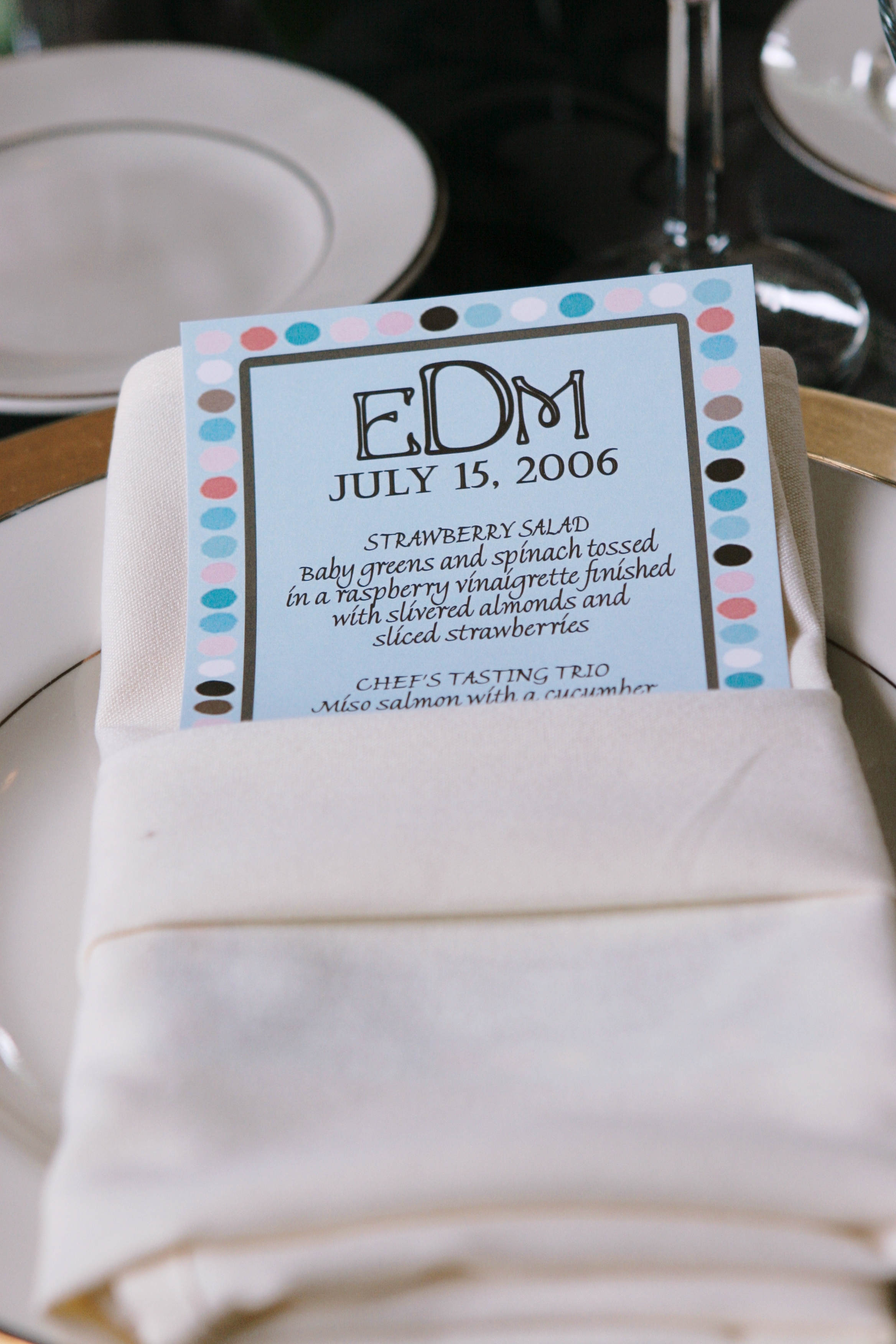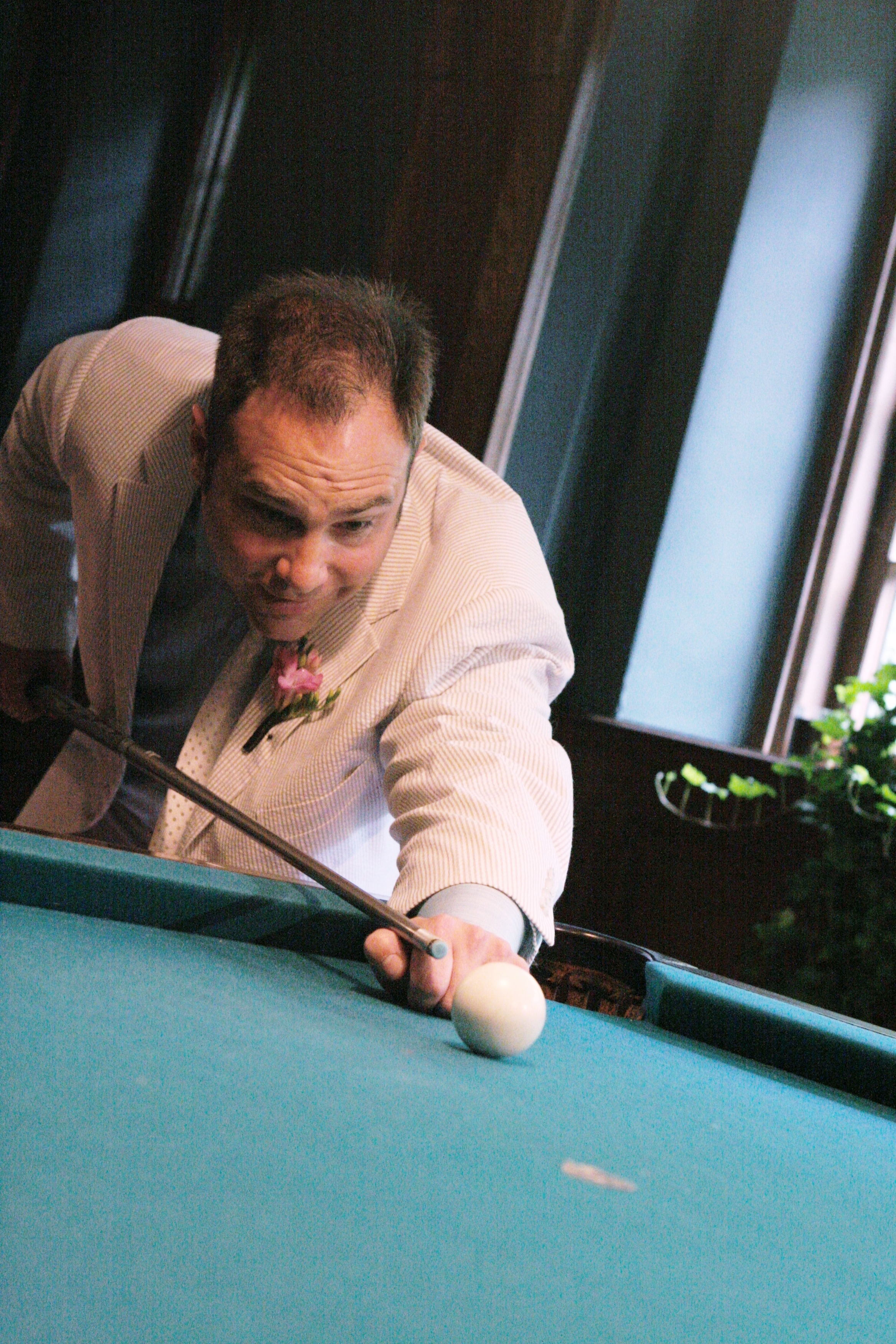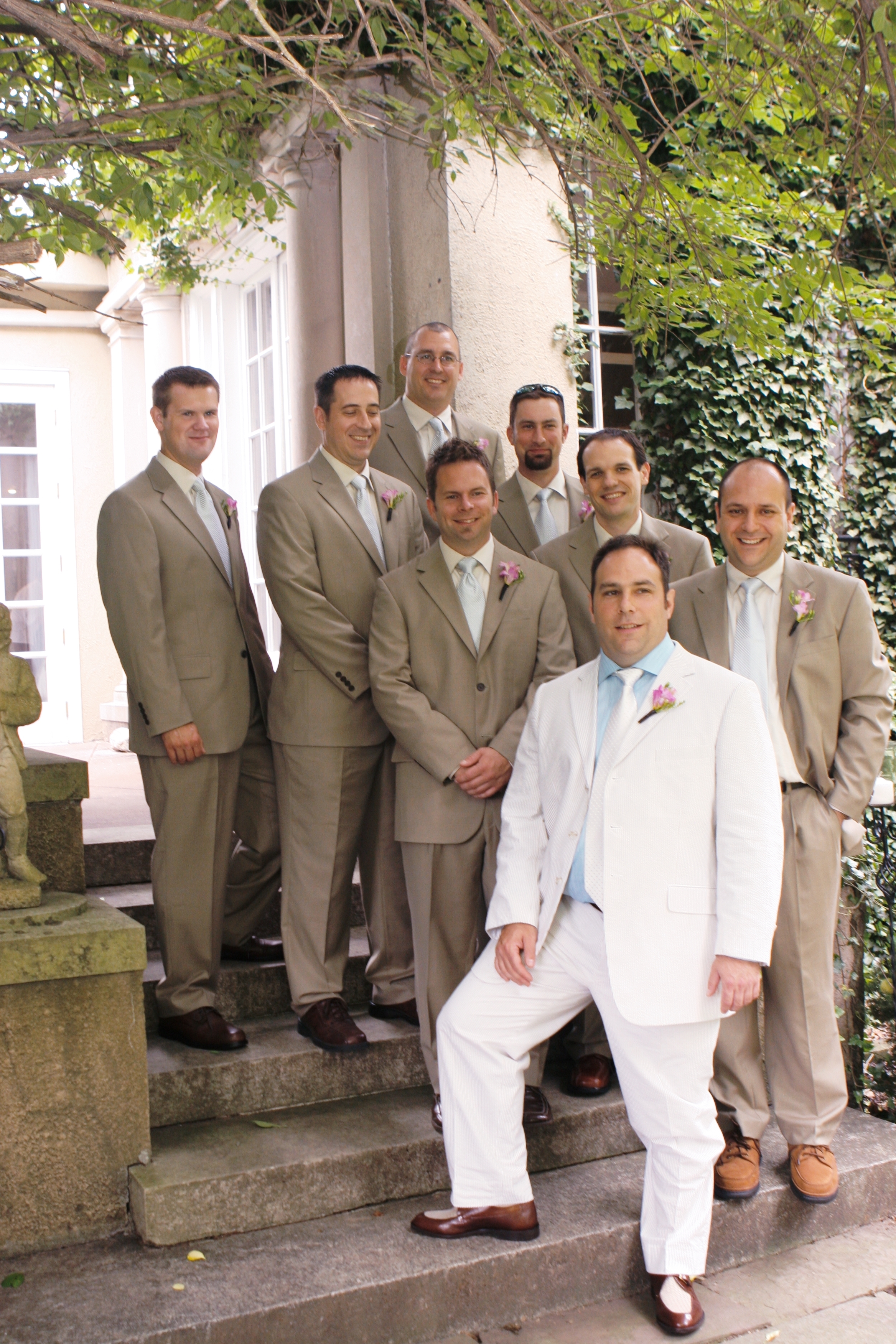The Internet is kind and crazy and kind of crazy
/Last week I wrote a piece advising that you avoid shopping at multiple grocery stores in a given week, arguing that time is more valuable than the marginal differences in taste and quality of food.
The argument is more complex than that, but you can go read the piece if you'd like.
It was also published by the Huffington Post, which caused it to garner many more readers.
In terms of direct responses to me via Twitter, email, comments, and Facebook regarding the piece, the reaction was about 80% positive. Many people acknowledged and even thanked me for illuminating the idea that time is our most valuable commodity.
I received tweets like this:
Terry Morriston @msm114
Inspiration at grocery store: Make time for what you love. Thx @MatthewDicks for a well said reminder goo.gl/Cbz7OH
Kelley Crawford @pga_wife
.@MatthewDicks read the "Grocery Store" blog. I've always thought my time is a value; I appreciate the validation! pic.twitter.com/SKuWOSHT8C
Many who who disagreed with me when it came to shopping were still kind enough to say that the overall sentiment of the piece rang true with them. They felt that shopping for food in multiple stores was worthy of their time, but they appreciated the sentiment regarding the thoughtful use of your time. I exchanged emails with a 90 year-old man who told me to "keep preaching because everybody's wasting their life away."
Then there were responses like this:
Buzz Gadbois @buzz_gadbois
@MatthewDicks idiot uniformed on nutrition and how food affects our health...this article will kill thousands if they listen to you
Just imagine. My suggestion that people shop in fewer grocery stores and make better use of their time will "kill thousands."
Also, I'm apparently an idiot.
Then there was this:
Roger Matthews @RogerMatthews6
@MatthewDicks Forgotten?? Americans used to shop at a variety of food stores (French still do). Learn some history.
This one was interesting in that I readily acknowledge in the piece that Americans once shopped at a variety of stores. I could not acknowledge it more explicitly.
Yet I must "Learn from history."
He followed up his initial tweet with this:
Roger Matthews @RogerMatthews6
@MatthewDicks No citing of people in know, eg chefs. Start/end from prejudice. Capitalist prop. Americans decided nothing. Shoved down throats
Prejudice. Capitalistic propaganda. Heavy stuff for a piece suggesting that shopping in half a dozen grocery stores might be a waste of time.
The comment section of the piece on Huffington Post also became a festering pit of point and counterpoint, with 220 comments at the writing of this post.
Some express agreement with me.
Some respectfully disagree and attempt to present an alternate view.
Some have clearly been written in Crazy Town, USA.
I never mind when readers disagree with me, but when they call me names, make hyperbolic statements, and say things like "Learn some history," I always respond by congratulating these people on making such excellent use of the anonymity of the Internet, which allows them to say horrible and ridiculous things that they would be unlikely to say in person.
When you write a blog post every single day for more than 12 years (as I have), you always run the risk of upsetting readers. Angering them. Hearing from them loud and clear when they disagree.
You also run the risk of being called names and occasionally encountering the residents of Crazy Town.
Thankfully, I have a thick skin and a good sense of humor. My wife and I got a good laugh over the thousands who will die upon reading my piece. I had a good laugh on the golf course over my capitalistic propaganda and extreme prejudice. I took great pleasure in congratulating these Internet trolls for finding such an ideal digital bridge to hide beneath while flinging insults and spouting their bizarre rants.
This blog has brought me far more good than bad, and that is saying a lot given some now distant history. But it's true. I have met some remarkable people and enjoyed some amazing opportunities and experiences through the act of writing and connecting with thousands of people daily.
But there are also the trolls. The lunatics. Angry, rude, and loathsome people who behave badly because they need not encounter me in person.
Honestly, I kind of enjoy them, too. They make me laugh. They serve as an excellent contrast to the reasonable, rationale, decent people who I encounter. They make for great stories.





























































